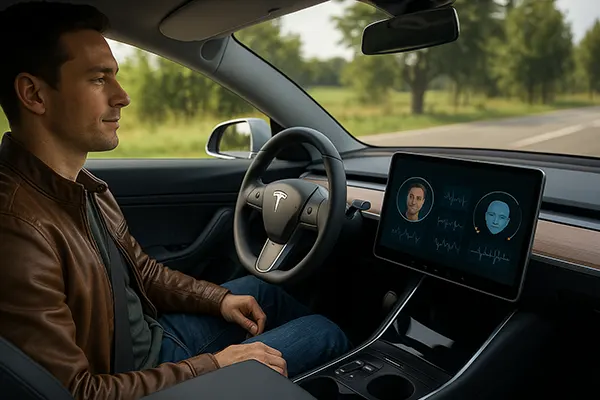Navigating the Digital Wave: The Social Impact of Internet Technologies on Communication and Information

In today’s fast-paced digital landscape, internet technologies have profoundly transformed how we communicate and access information. From the early days of email to the explosion of social media platforms, the internet has redefined human interaction, knowledge exchange, and even our perception of the world. This article delves into the multifaceted social impact of these technologies, exploring their benefits, challenges, and the future they are shaping.
Revolutionizing Communication
The advent of the internet has ushered in a new era of communication, making it instant, accessible, and more diverse. Social media platforms like Facebook, Twitter, and Instagram have become the new public squares, where ideas are exchanged, movements are born, and human connections are forged across geographical boundaries. These platforms have not only democratized content creation but also provided a voice to those previously marginalized in mainstream discourse.
The Democratization of Information
One of the most significant achievements of internet technologies is the democratization of information. Gone are the days when knowledge was the exclusive domain of the elite. Today, anyone with internet access can tap into the global knowledge pool, thanks to search engines like Google and open-source platforms like Wikipedia. This accessibility has empowered individuals with information, fostering a more informed and engaged global citizenry.
The Digital Divide
Despite the advancements, the digital divide remains a pressing issue. Access to internet technologies is unevenly distributed, with significant disparities between urban and rural areas, and between developed and developing countries. This divide not only limits access to information but also exacerbates social and economic inequalities, as digital literacy becomes increasingly crucial in the modern world.
Challenges and Concerns
With these innovations come challenges and concerns. Privacy and security have emerged as significant issues, with personal data often at risk of exploitation. Moreover, the rise of misinformation and echo chambers on social media platforms threatens the quality of public discourse, making it imperative for users to navigate the digital space with discernment and critical thinking.

Innovations and Future Trends
Looking ahead, emerging technologies such as artificial intelligence, blockchain, and virtual reality are set to redefine communication and information further. These innovations promise more personalized and immersive experiences, offering new ways to learn, interact, and understand the world around us. However, they also pose new challenges, particularly in ethics and regulation, that society must address.
The Role of Internet Technologies in Education
The impact of internet technologies on education has been transformative, breaking down barriers to knowledge and learning. E-learning platforms and Massive Open Online Courses (MOOCs) have made education more accessible than ever, enabling anyone with internet access to learn from top institutions worldwide. This shift towards online education has the potential to level the playing field, making quality education a global commodity.
Impact on Business and Marketing
In the business world, the internet has revolutionized marketing and commerce. Digital marketing strategies now play a crucial role in reaching audiences, leveraging social media, SEO, and content marketing. E-commerce platforms have changed how we shop, offering convenience and a global marketplace at our fingertips. Additionally, the rise of remote work has reshaped professional communication, proving that productivity is not confined to the office.
Conclusion
The social impact of internet technologies on communication and information is profound and far-reaching. As we navigate this digital age, it is crucial to leverage these technologies for the greater good while being mindful of the challenges they present. By fostering digital literacy, ensuring equitable access, and promoting ethical online behavior, we can harness the full potential of the internet to create a more informed, connected, and equitable world.




